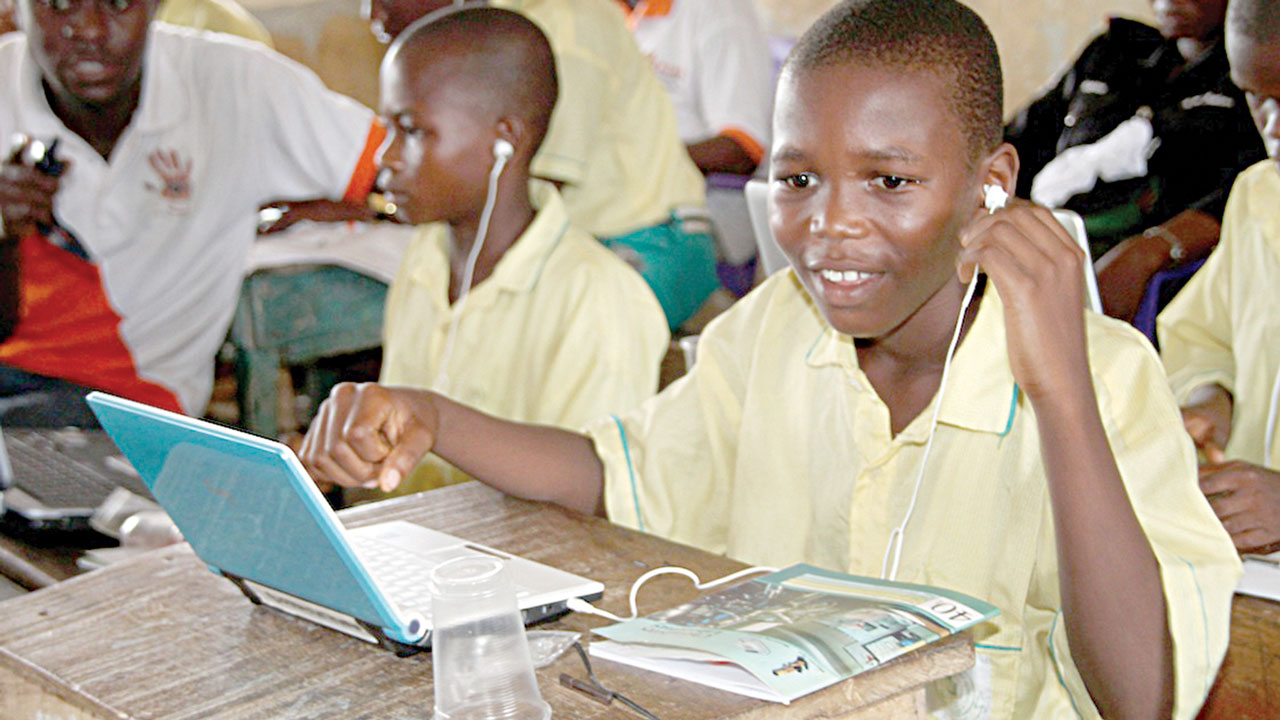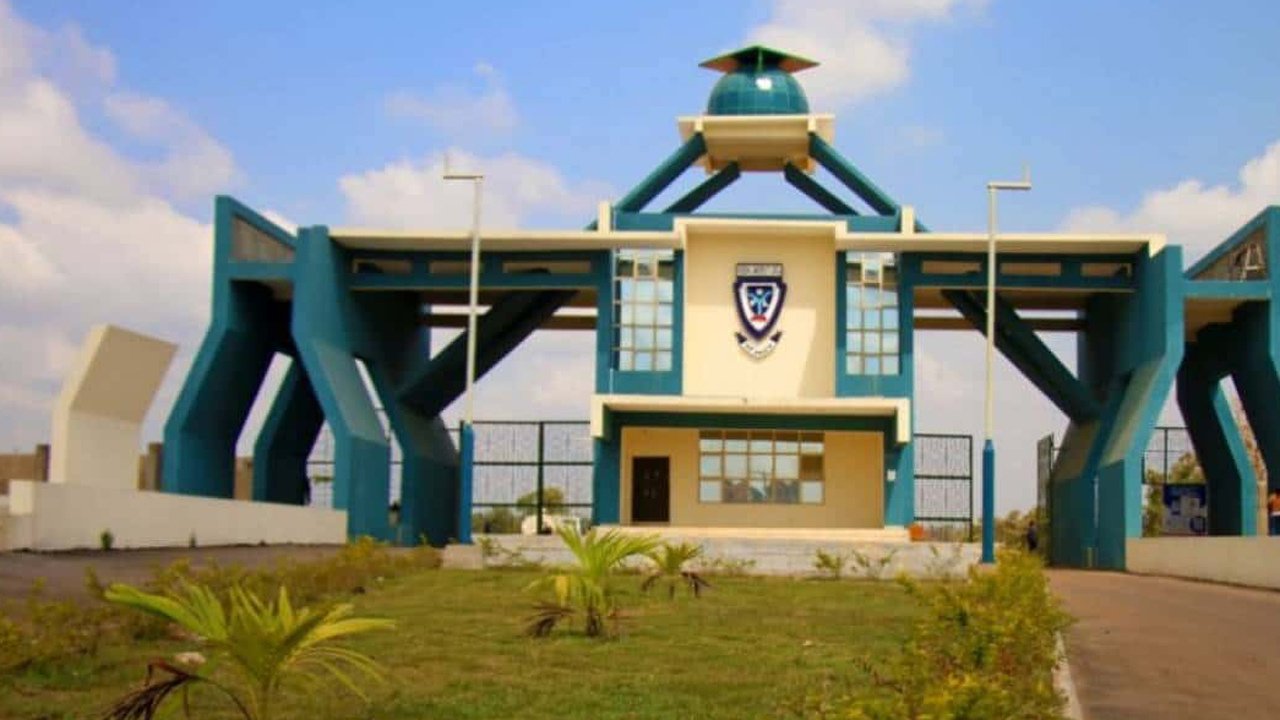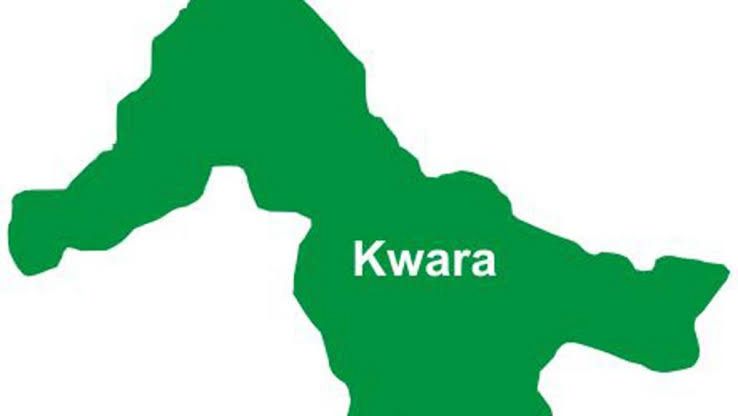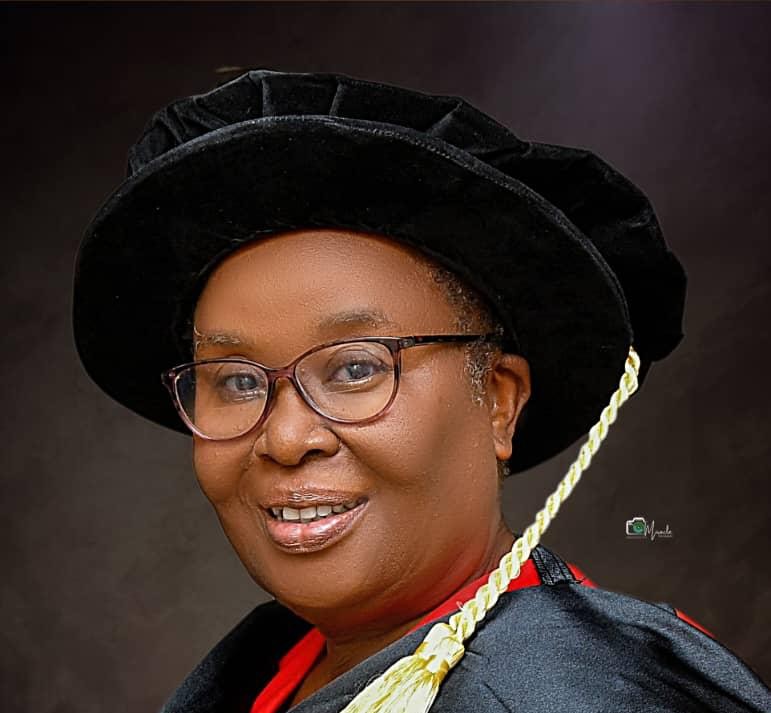Experts in the education sector have called for responsible adoption of digital literacy in Nigerian schools to curb students’ abuse of technology.
They also advocated a balance between the use of digital tools and physical books in teaching and learning, noting that blending the two will help promote literacy in society.
They emphasised that beyond access to devices and the internet, students must be equipped with skills to navigate the digital world safely, ethically, and effectively.
They stated this at an event commemorating this year’s International Literacy Day, themed: ‘Promoting literacy in the digital era’. The event, held at the National Library of Nigeria, Lagos branch, was organised by the Zacchaeus Onumba Dibiaezue Memorial Library (ZODML) with support from Book Aid International.
In her remarks, the Chairperson of the Board of Trustees of ZODM, Mrs Ifeoma Esiri, noted that the level of literacy in Nigeria is low, even in urban centres, adding that attention must be focused on it as a challenge that needs to be addressed.
While acknowledging the role of technology in learning, Esiri emphasised the need for balance, pointing out that physical books cannot be wished away. She also advocated learning in local languages, at least in the formative years, because in the future, the use of native tongues would be highly essential.
“When we see low literacy level as a challenge and as a society, we will think about solutions to it. Celebrating literacy day is important to us at ZODML because it allows us to partner with people and organisations of like minds.”
She applauded the collaborations with Book Aid International, a UK-based charity organisation that works with UK publishers to supply books to libraries and communities in need, primarily in sub-Saharan Africa.
Esiri noted that the collaborations with Book Aid International and the National Library of Nigeria have been very impactful in her organisation’s literacy drive.
Deputy Director at the National Library of Nigeria (NLN), Obianuju Onuorah, noted that in today’s digital world, literacy encompasses not only traditional reading and writing skills, but also digital literacy.
Onuorah, who is also the head of the National Library of Nigeria, Lagos branch, said their institutions serve as a hub for knowledge innovation and community engagement.
She added that the NLN would continue to play a pivotal role in promoting literacy and access to information. Addressing the students, Dr Olatubosun Taofeek, also echoed the need to balance digital tools and physical books in learning. He told the students that their ability to blend books and digital tools will distinguish them.
“Strive to always read from both sides, read your books, and at the same time use your digital devices,” Taofeek stated. A staff member of the Mainland Local Government Education Authority, Agbaje Daniels, urged students not to use digital tools in a negative way. “The one thing that I love about this digital literacy is the fact that it augments our learning. Digital tools expand our knowledge and accelerate our learning. But I implore you as a student, make use of those tech tools wisely,” he said.






